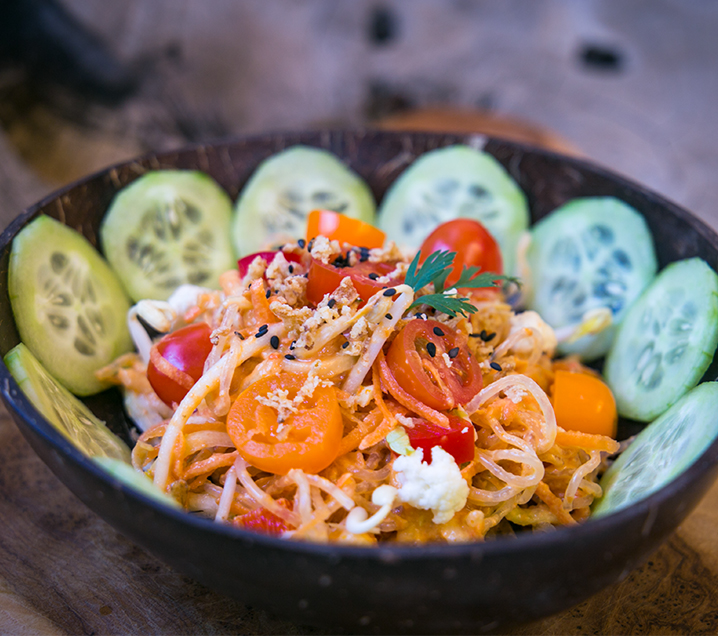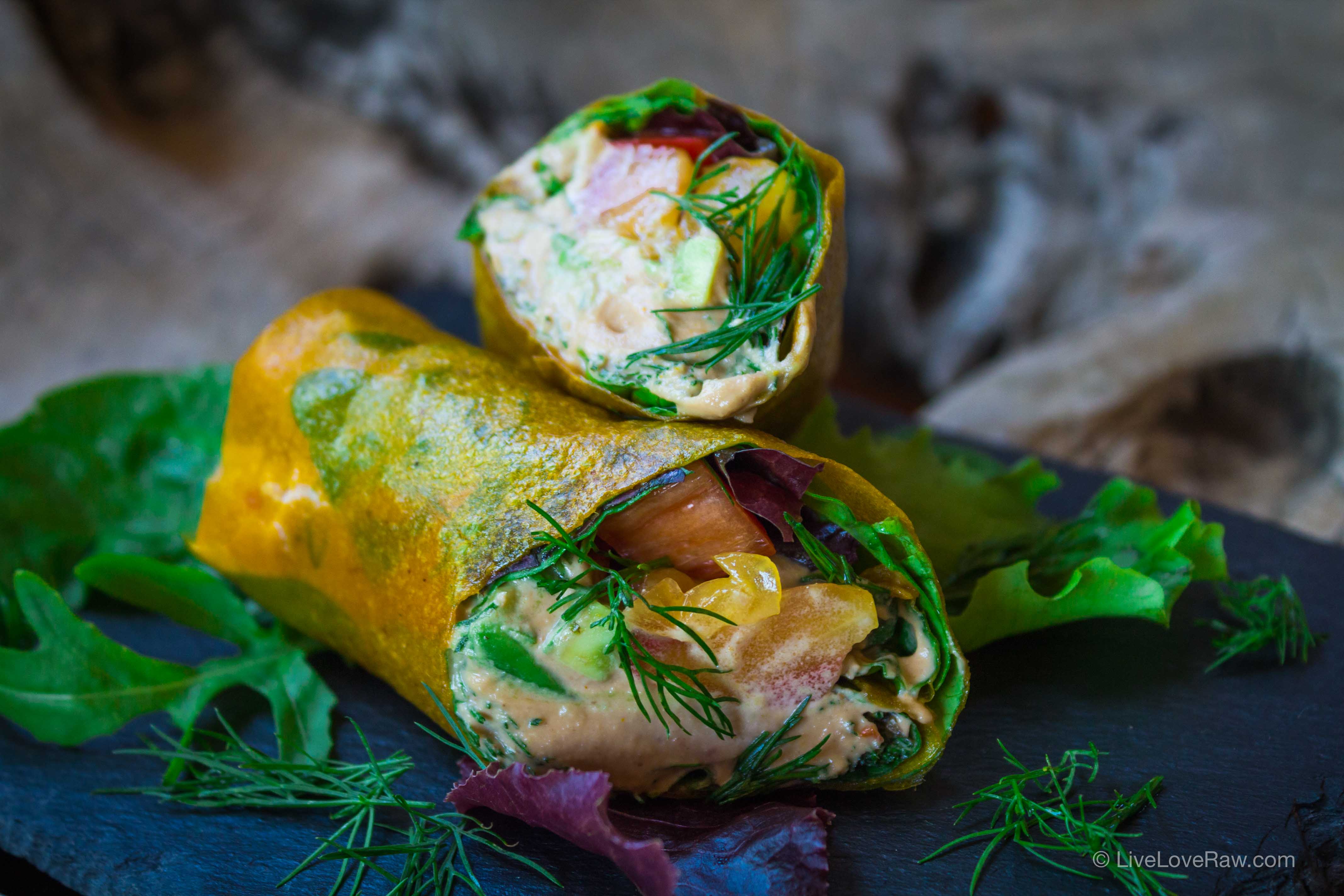This is a guest blog written by Kenny Kline.
Preventing animal exploitation, saving the planet by lowering carbon footprint from animal products, and improving overall health are a few of the reasons why many people choose to go vegan. For most fitness and nutrition enthusiasts, they consider a vegan diet as one of the most effective fad diets for weight loss to date.
Vegans have a lower body mass index than those who are non-vegan, according to several studies. What’s the secret behind a vegan diet that makes people weigh less? We’ll find out here in this article.

Vegan Diet Has More Fiber
In the United States, approximately 95% of the population suffer from fiber deficiency. As a result, many American citizens often suffer from constipation, excess gas, and bloating that leads to weight gain. Did you notice? Most of these symptoms are linked to your digestive system. Let me explain what fiber does to your body.
In general, fiber is crucial in your clockwork bowel movements. This nutrient bulks up your stool so the muscles in the intestine can shove your waste out of your body. Now, imagine what will happen if you can’t expel your faeces.
You’ll more likely end up constipated and feel nauseous as you’re keeping ‘waste’ inside your body rather than letting them out. If this continues to happen, you’ll bloat and gain weight. Things get worse if you suffer from excess gas due to poor digestion. What’s more, there’s a tendency that this long-held waste will cause small bowel bacterial overgrowth.
That’s why a high-fiber diet is crucial for weight maintenance, good bowel movements, as well as to your overall health. How about weight loss? Studies have shown that vegans tend to have healthier digestion due to high-fiber intake. As mentioned, fiber helps you to eliminate food waste and toxins out from your body, resulting in ‘proper’ and ‘healthier’ weight loss.
Additionally, fiber contributes to one’s satiety and wards off your craving. With proper intake, this nutrient will keep you satiated so you’ll feel fuller until your next meal. To sum up, high-fiber vegan diet helps you to digest food healthily and feel fuller, resulting in weight loss.

Vegan Diet is Lower in Calories but still Offers More Energy
Have you heard that Japan has the lowest rate of obesity around the world? One study published in Research in Agricultural and Applied Economics claimed that Japan has around 3% obesity rate out of its total population only. One relevant factor of this is that Japanese dishes tend to have vegan staples in their cooking.
It’s common knowledge that a vegan diet is low in calories. Scientifically, plants have fewer calories than animal products. Hence, a diet that is full of whole grains, beans, colorful fruits, and leafy greens would help you lose weight. While it cuts your calorie intake, a vegan diet offers you more energy.
Let me give you an example. After watching a documentary on Netflix, news about Boston Celtic’s Kyrie Irving switching to a vegan diet has been a hit in 2017. And guess what, this is not only to maintain his weight (his fit already in the first place!) but to gain more energy and improve his athletic performance.
Low in calories is fine, but a vegan diet offers higher energy? I know you’ll probably wonder how. The thing is our bodies worked hard and spend more energy when processing animal products compared to those that are plant-based. Therefore, this alone allows you to have better-improved energy.
Vegan diets also have more carbohydrates—a compound known for energy production. As vegans consume higher carbs, they’ll also have higher energy levels. On a positive note, this idea can serve as a motivation to consider fitness an essential factor in your weight loss regimen!
Get more information about vegan protein powders and load yourself up with legumes and whole grains daily to make sure you’re on track with your essential nutrients intake.

Vegan Diet is Lower in Saturated Fat, but Higher in Healthy Fat
The World Health Organization is encouraging everyone across the world to have no more than 10% calorie intake from saturated fats. Why? Having excessive saturated fats is linked to potentially getting type 2 diabetes, heart disease, and cancer. The less severe result that we may consider is ending up being obese, which is ironically one of the factors on mortality.
So, is there any way to lessen saturated fat consumption right off the bat? Yes! Go vegan, and you’ll get rid of unhealthy fats as easy as 1-2-3. Having whole foods and plant-based meals provide more macronutrients and micronutrients. Also, these dishes usually contain good carbohydrates and heart-healthy unsaturated fats.
It doesn’t mean that plant-based saturated fat is healthier than animal-based saturated fat, however. We’re emphasizing that vegan diets have less saturated fats but healthier fats. This means you still have to be aware of serving size.
According to one journal published by the Europen Food Safety Authority, the ideal ‘adequate’ essential fat consumption for men is 1.6 g ALA (α-linolenic acid) and 17 g LA (linoleic acid). Women, by contrast, have to take a lesser amount around 1.1 g ALA and 12 g LA because they have higher body fat percentage than men.
Ultimately, you have to take fats to survive still. A little amount would already suffice. Even so, the recommended intake varies on many factors such as needs and preferences, individual genetics, body composition goals, and amount of exercises.

Takeaway
The key to weight loss is indulging in a long-term sustainable lifestyle. If you find a vegan diet is too much for you, you don’t have to force yourself. You could try eating more plant-based foods without eliminating other food groups altogether. Start small and go from there.



















